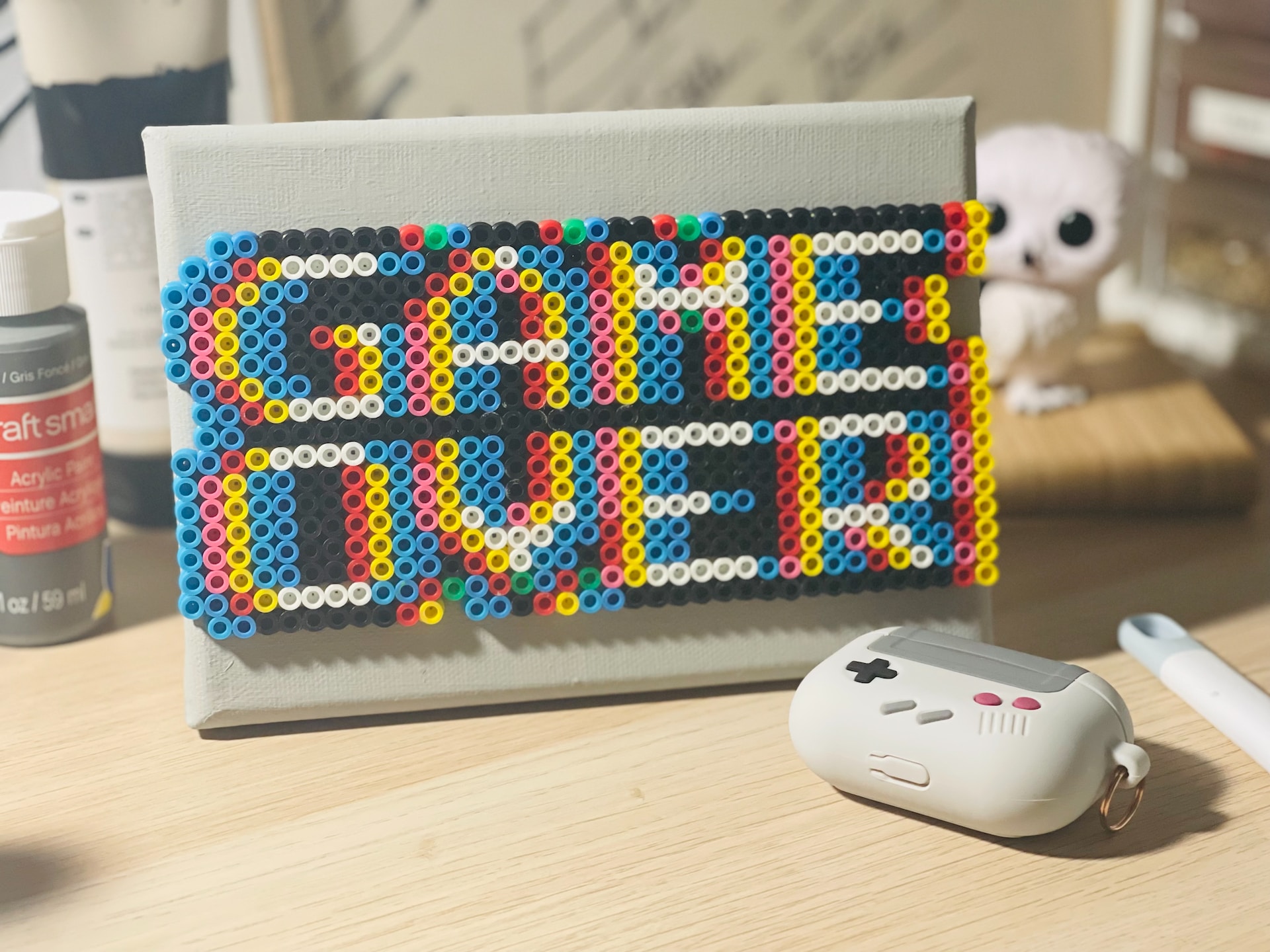Execution is the lifeblood of any business, and in the video game industry, it’s no different. Ensuring that your team consistently delivers high-quality games on time is crucial for success. In this blog post, we’ll explore how to improve execution in a video game development company using the Scaling Up Methodology —a set of principles and practices that help businesses excel in their operations.
Develop Your People
Your team is your greatest asset. Invest in their training and development to enhance their skills and knowledge. Encourage a culture of continuous learning to stay ahead of industry trends.
Have an Effective Meeting Rhythm
Regular and effective communication is vital. Implement regular team meetings to ensure everyone is aligned with the project’s goals and to address any roadblocks. Use agile methodologies like Scrum to maintain a structured workflow.
Prioritize Your Objectives
Clearly define your game development objectives. What are your short-term and long-term goals? Establish key performance indicators (KPIs) to measure progress. This helps your team focus on what truly matters.
Create a Data-Driven Culture
In the video game industry, data is king. Make data-driven decisions when developing and marketing your games. Monitor player behavior, track performance metrics, and adapt your strategies accordingly.

Define Your Brand Promise
Your games should have a clear and compelling brand promise. What unique experiences do your games offer? Define and communicate this promise consistently to attract and retain players.
Develop a Winning Strategy
Your game development strategy should be built on a deep understanding of the market and player preferences. Continuously assess your strategy and adjust it based on feedback, market trends, and emerging technologies.
Drive a Culture of Accountability
Accountability is essential for execution. Ensure that each team member understands their role and responsibilities. Set up performance reviews and provide constructive feedback to encourage accountability.
Be Aligned and Focused
Keep your team aligned with the company’s mission and vision. Encourage a focus on the most important tasks and projects. Avoid distractions and maintain a concentrated effort on key priorities.
Keep It Simple
Complexity can hinder execution. Streamline your development processes, avoid unnecessary bureaucracy, and create a culture of simplicity that allows for quick decision-making.
Enable a Culture of Employee Input
Encourage team members to share their ideas and concerns. Innovation often comes from within the team. Foster a culture where employees are comfortable sharing their insights.
Promote Transparency
Transparency builds trust. Keep your team informed about the company’s financial health, performance, and strategic direction. This transparency fosters a sense of ownership among your team.
Celebrate Wins
Acknowledge and celebrate successes, whether they’re small or large. Recognizing achievements motivates your team and fosters a positive work environment.

By implementing the Rockefeller Habits Checklist in your video game company, you can significantly improve execution and, in turn, increase the chances of delivering successful games. The checklist helps create a focused, accountable, and innovative environment that is essential in an industry as competitive and dynamic as video games. Remember, execution excellence is an ongoing effort that requires dedication and continuous improvement.
Final Tip
In the ever-evolving world of the video game industry, one of the most critical factors for success is the ability to embrace innovation and adaptability. Technologies change, player preferences shift, and new platforms emerge. To stay at the top of your game, you must be willing to innovate and adapt.
- Stay Ahead of Technology: Keep a close eye on emerging technologies such as virtual reality, augmented reality, and cloud gaming. Being an early adopter can give you a competitive edge.
- Listen to Your Players: Pay attention to player feedback and adapt your games accordingly. Player input is invaluable for making improvements and creating content that resonates with your audience.
- Explore New Revenue Models: Be open to new revenue models, such as free-to-play with in-app purchases, subscription services, or microtransactions. These can provide additional income streams.
- Diversify Platforms: Don’t limit your games to one platform. Explore opportunities to bring your games to various consoles, PCs, mobile devices, and emerging platforms to reach a broader audience.
- Cultivate a Culture of Innovation: Encourage your team to think creatively and propose new ideas. Foster a culture where innovation is celebrated, and employees feel empowered to take risks.
- Adapt Quickly: When market conditions change, be ready to pivot. The ability to adapt swiftly to new trends and challenges is a defining characteristic of successful video game companies.
Remember, innovation and adaptability are not just buzzwords in the video game industry; they are the keys to long-term success. By staying ahead of the curve and embracing change, you can thrive in this competitive and rapidly changing landscape.
Need a coach? Get in touch!


